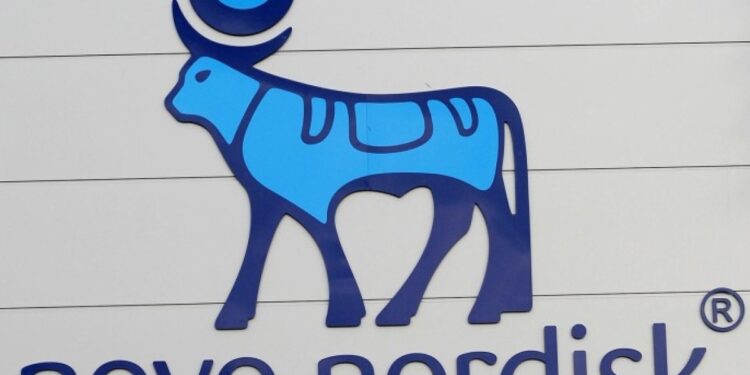Shares of Danish drug giant Novo Nordisk, maker of the weight-loss drug Ozempic, fell on Wednesday after it reported lower-than-expected second-quarter earnings and lowered its earnings outlook for the rest of the year, as the company faces increased competition in the weight-loss drug market and is under pressure to ease supply constraints, Forbes reported.
Key figures
Novo Nordisk reported net profit of 20.05 billion crowns ($1.86 billion) in the second quarter of 2024, below analysts’ expectations but up 3% compared to the same period last year.
The company reported sales of 68.06 billion kroner ($9.97 billion) and earnings per share of 4.5 kroner ($0.66) for the period, missing analysts’ expectations of around 10.1 billion kroner and $0.71 per share, according to FactSet.
Sales were up 25% compared to the same period last year, when Novo’s sales reached $7.9 billion.
Increasing demand for medicines
Novo Nordisk’s performance was driven by growing demand for diabetes and weight-loss drugs such as Ozempic and Wegovy, with the latter alone generating about $1.7 billion, up 55% from the same period last year.
Overall, Novo said its GLP-1 class, which includes Ozempic and Wegovy, accounted for nearly half (45%) of first-quarter sales at about $5.4 billion, up 33% from the same period last year. The company raised its full-year sales forecast from 19% to 27%.
lower expectations
However, Novo lowered its full-year operating profit forecast, Forbes reported, expecting growth of 20% to 28% compared to previous expectations of 22% to 30%.
The company’s shares fell about 7% during the first trading hours in Copenhagen, but later regained some ground.
backgrounds
Growing demand for the latest generation of hormonal weight-loss and diabetes drugs has propelled Novo Nordisk and its American rival Eli Lilly into the ranks of the world’s most valuable companies, according to Forbes.
Along with Eli Lilly, which sells tirzapatide as a diabetes and weight-loss drug under the brand names Mounjaro and Zebound, Novo Nordisk has a virtual dual monopoly on a class of drugs called GLP-1 agonists that help regulate blood sugar and appetite.
These drugs can be used to help manage diabetes, and have been shown to stimulate unprecedented weight loss without surgery.
But the explosive growth of Novo and Eli Lilly has slowed dramatically in recent weeks, according to Forbes, which says drug shortages in the United States and efforts to enter new markets are weighing on sales expectations.
Novo and Eli Lilly also face stiff competition from rivals seeking to enter a drug market that analysts estimate could be worth $130 billion by 2030.
In an effort to stay ahead of Eli Lilly and other competitors, Novo Nordisk has poured record R&D money into developing oral versions of its weight-loss drugs.
Novo Nordisk’s recent financial reports reflect the company’s growing challenges in the competitive pharmaceutical market. Despite strong performance from some of its products, intense competition and supply shortages are weighing on future prospects.



